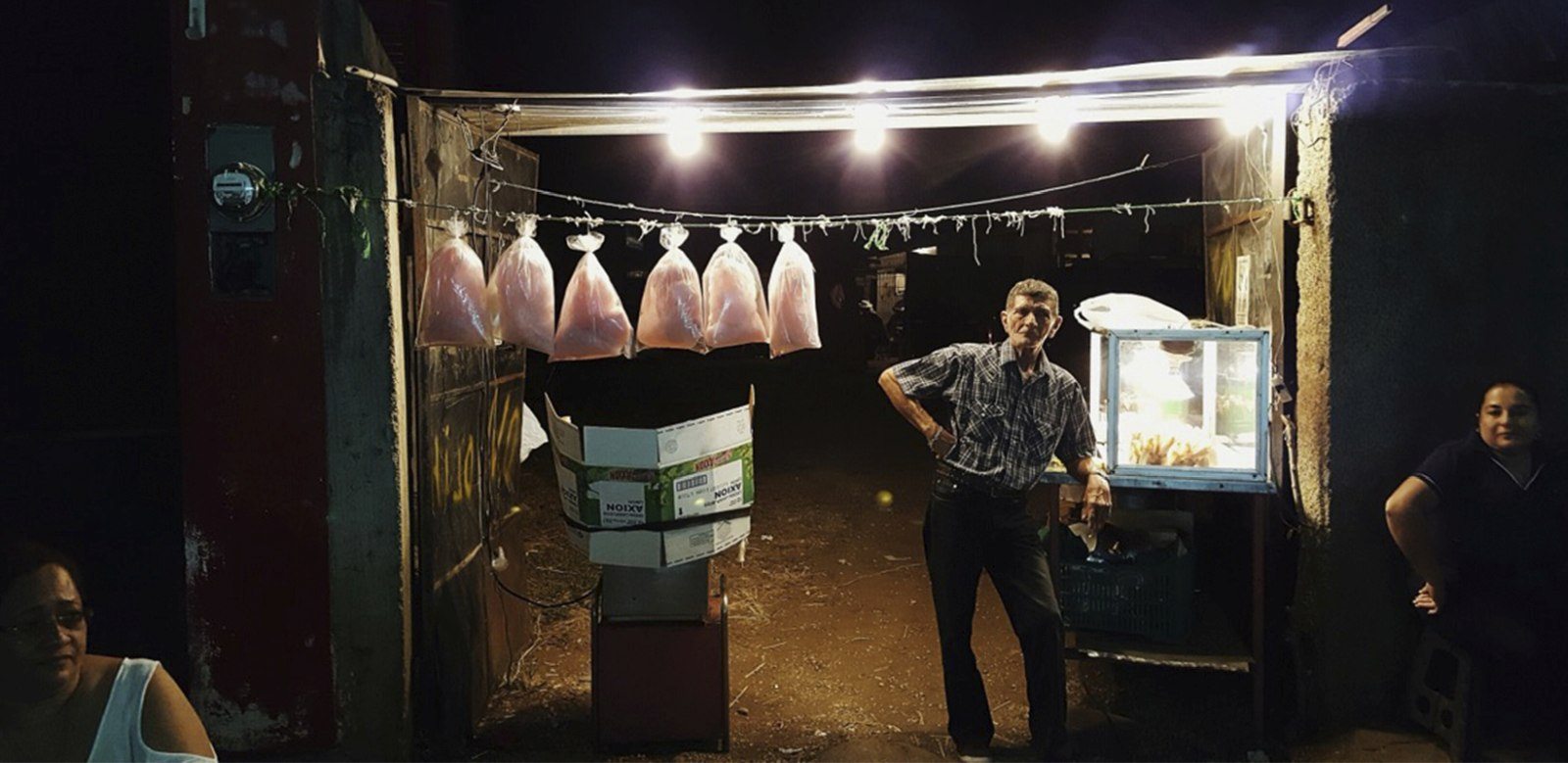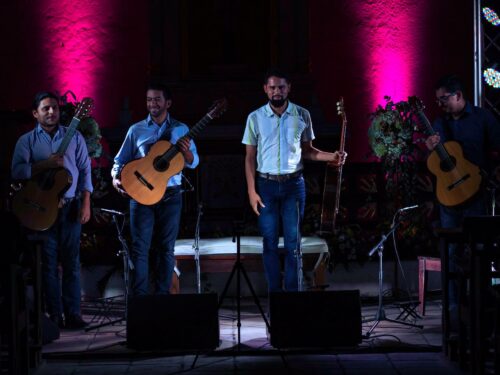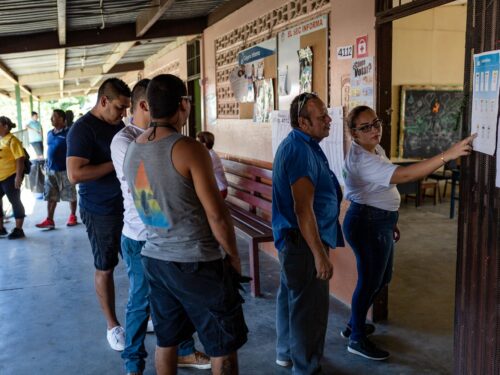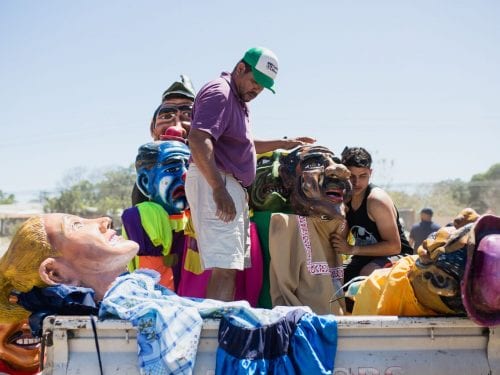
The festival commissions that organized celebrations in Liberia in 2016 and 2017 have failed to comply with handing over financial reports to their respective municipality’s audit office.
The financial reports use invoices, receipts, and account balances to show what and how the money was used.
The Law of Naming Popular Festival Commissions (No. 4,286) regulates the holding of civic festivals in each canton and requires each group to present a financial report to the municipal audit office within 30 days of the end of the events.
However, the last two festival commissions have not presented any reports to the Municipal Council nor the auditor’s office.
“What we have received are complaints from suppliers who supposedly provided services for the festivities,” said Donaldo Castañeda, Liberia’s auditor.
Castañeda wrote a report to mayor Julio Viales and council members this past June 15 in which he highlighted both the 2016 and 2017 commissions’ failure to turn in their financial reports (see attached file).
The document states that the commission’s debts in 2016 were ¢3,560,000; the 2017 group owes ¢27,172,500.
Nestor Gutierrez, president of Liberia’s 2017 Civic Festivals, told The Voice of Guanacaste that last June there were about to present the report to the auditor and council members. However, they had not done so by the time this issue went to press.
Regarding the alleged economic losses, debts, and suppliers’ charges, Gutierrez said that “it’s all explained in the report.”
Liberia’s festivals were held this year between February 23 and March 5.
Why Won’t They Turn In Reports?
Donaldo Castañeda thinks that the commission members don’t turn in the financial reports because they don’t want to be responsible for the debts.
“We can’t quantify how much money entered the commission and how much was spent because there is no proof,” said Castañeda.
The only proof that Liberia’s audit office has at the moment are bounced checks in the commission’s name and invoices from suppliers who have demanded to be paid.
Muni Will Pay Debts
One option that the Municipality of Liberia is weighing is to assume payment of these debts with service providers. If they do that, the municipality can demand payment for these invoices from commission members.
“It’s something we’re thinking about doing,” said mayor Julio Viales, who added that along with these payments the municipality could also file civil and penal suits against the commission members.
Another debt that the muni of Liberia would have to assume is to cover the medical expenses for bull riders’ accidents during the festivities. This would happen because the policy coverage that the commission must purchase from the National Insurance institute (in Spanish, INS) is unknown.
According to the audit department’s data, thus far six people have demanded reimbursement for medical expenses that they incurred.
“If a bull hits or kills a rider or an improvised bullfighter and this person is unprotected because he doesn’t have a policy, the civil responsibility falls on the municipality,” said Castañeda.







Comments